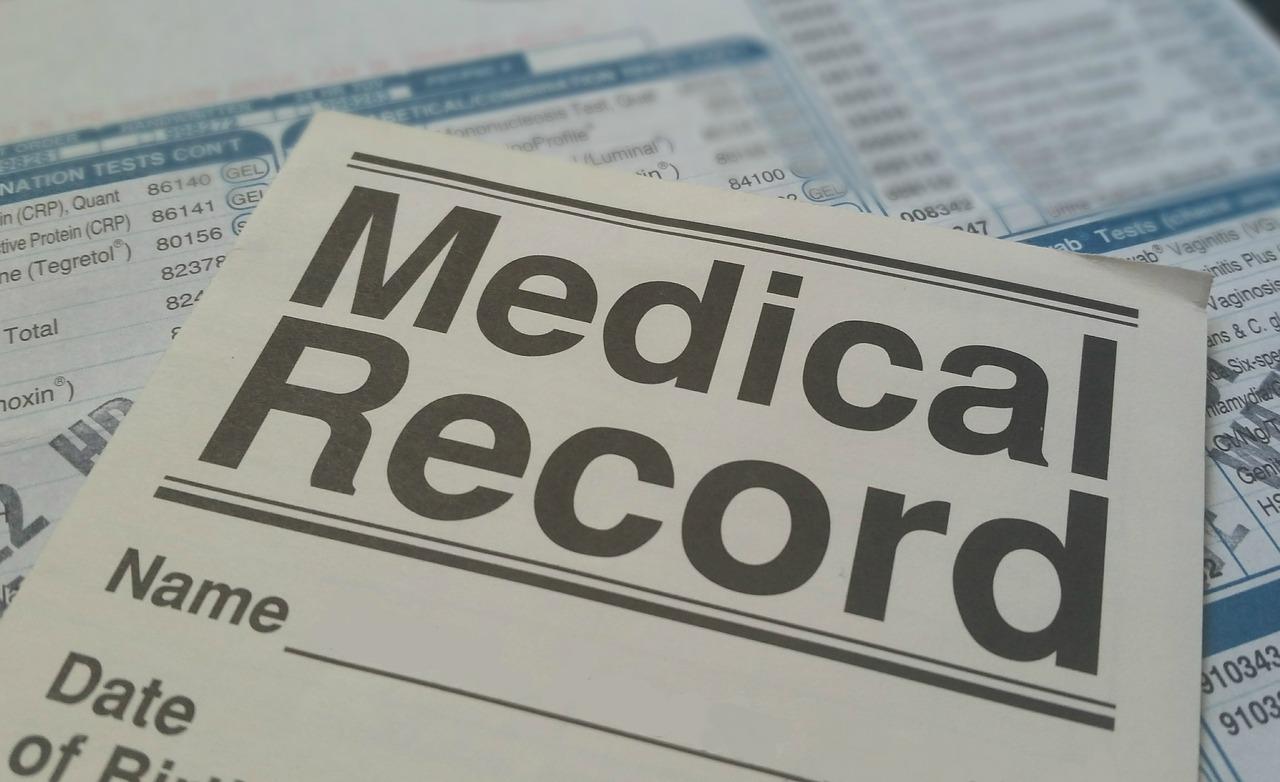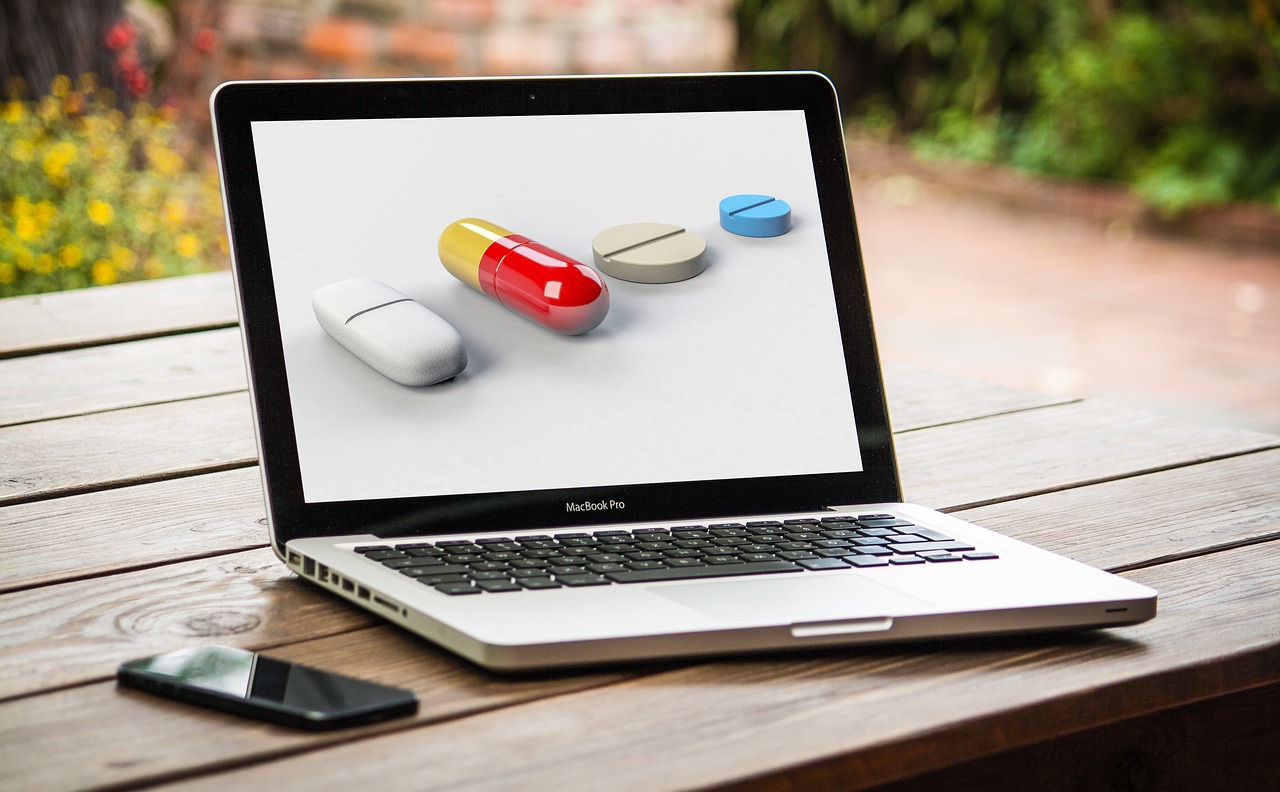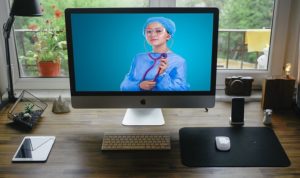If you are like most people, you probably don’t think about HIPAA compliance until you have to. And for most people, that means when they start a new job in the medical field. But what if you are not a medical professional? What if you don’t understand a single thing about HIPAA? Well, that’s our cue to step in and help you understand everything you need to know about the HIPAA compliant platform for non-medical professionals.
What Is HIPAA?
 HIPAA stands for the Health Insurance Portability and Accountability Act. It was a law made back in the 90s to protect patient health information’s privacy. The rule applies to any organization that handles protected health information (PHI), which includes pretty much any kind of medical information. So, if you work in an office that deals with PHI regularly, then you need to be HIPAA compliant. That means making sure that all of your systems and processes are in line with the law.
HIPAA stands for the Health Insurance Portability and Accountability Act. It was a law made back in the 90s to protect patient health information’s privacy. The rule applies to any organization that handles protected health information (PHI), which includes pretty much any kind of medical information. So, if you work in an office that deals with PHI regularly, then you need to be HIPAA compliant. That means making sure that all of your systems and processes are in line with the law.
Why Is It Important?
HIPAA compliance is essential for a few reasons. First, it protects the privacy of patients. This is especially important in the age of the internet, where information can be leaked or hacked relatively easily. Second, it protects the organizations that handle PHI from potential fines and penalties. And trust us, those can be pretty hefty.
How Do I Become Compliant?
Now that you know a little bit about HIPAA, you’re probably wondering how you can become compliant. The good news is that there are plenty of resources out there to help you. The Department of Health and Human Services has a website dedicated to HIPAA compliance, which is a great place to start. There are a lot of misconceptions out there about what it means to be HIPAA compliant. Some people think that it’s only for medical professionals, but that’s not true. Anyone who works with or has access to protected health information (PHI) must comply. And while it may seem like a lot of work, the truth is that it’s not that difficult to become compliant.
There are plenty of resources out there to help you, so don’t hesitate to start your journey to compliance today. You can also find plenty of helpful articles, like this one, that will walk you through the process step-by-step. And, of course, experts like us can always help you if you get stuck.
The Takeaway
 HIPAA is not just some random law that only applies to medical professionals. It’s a real and vital law that affects anyone who works with PHI. And while it may seem daunting, becoming compliant is not impossible. So, if you’re ready to get started, we’re here to help. Still have questions about HIPAA compliance? Check out our other articles to get a better idea.…
HIPAA is not just some random law that only applies to medical professionals. It’s a real and vital law that affects anyone who works with PHI. And while it may seem daunting, becoming compliant is not impossible. So, if you’re ready to get started, we’re here to help. Still have questions about HIPAA compliance? Check out our other articles to get a better idea.…



 Anyone can read medical journals, and many people do. In fact, many medical journals are available online for free. Anyone interested in medicine can find something of value in a medical journal. There are also many different types of medical journals. Some focus on specific diseases or conditions, while others are more general. There are even medical journals that focus on alternative medicine or medical research.
Anyone can read medical journals, and many people do. In fact, many medical journals are available online for free. Anyone interested in medicine can find something of value in a medical journal. There are also many different types of medical journals. Some focus on specific diseases or conditions, while others are more general. There are even medical journals that focus on alternative medicine or medical research.

 Avoid Jarred Baby Foods
Avoid Jarred Baby Foods Bake and Cook Wisely
Bake and Cook Wisely


